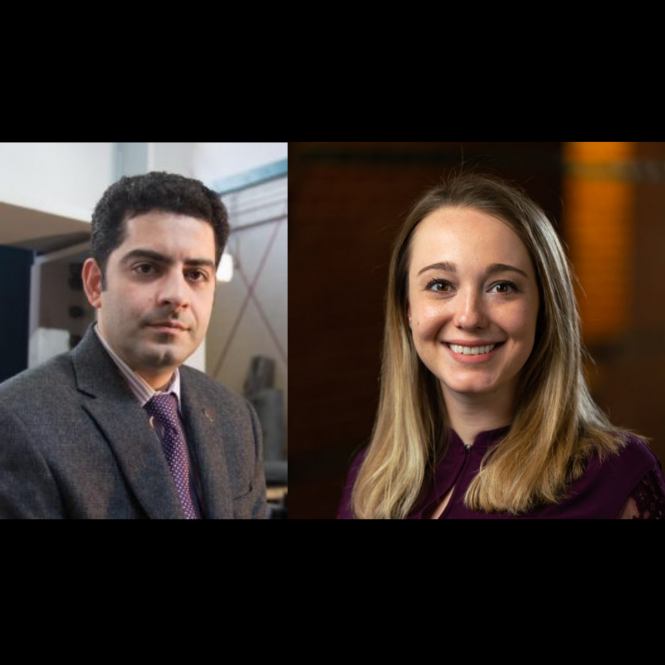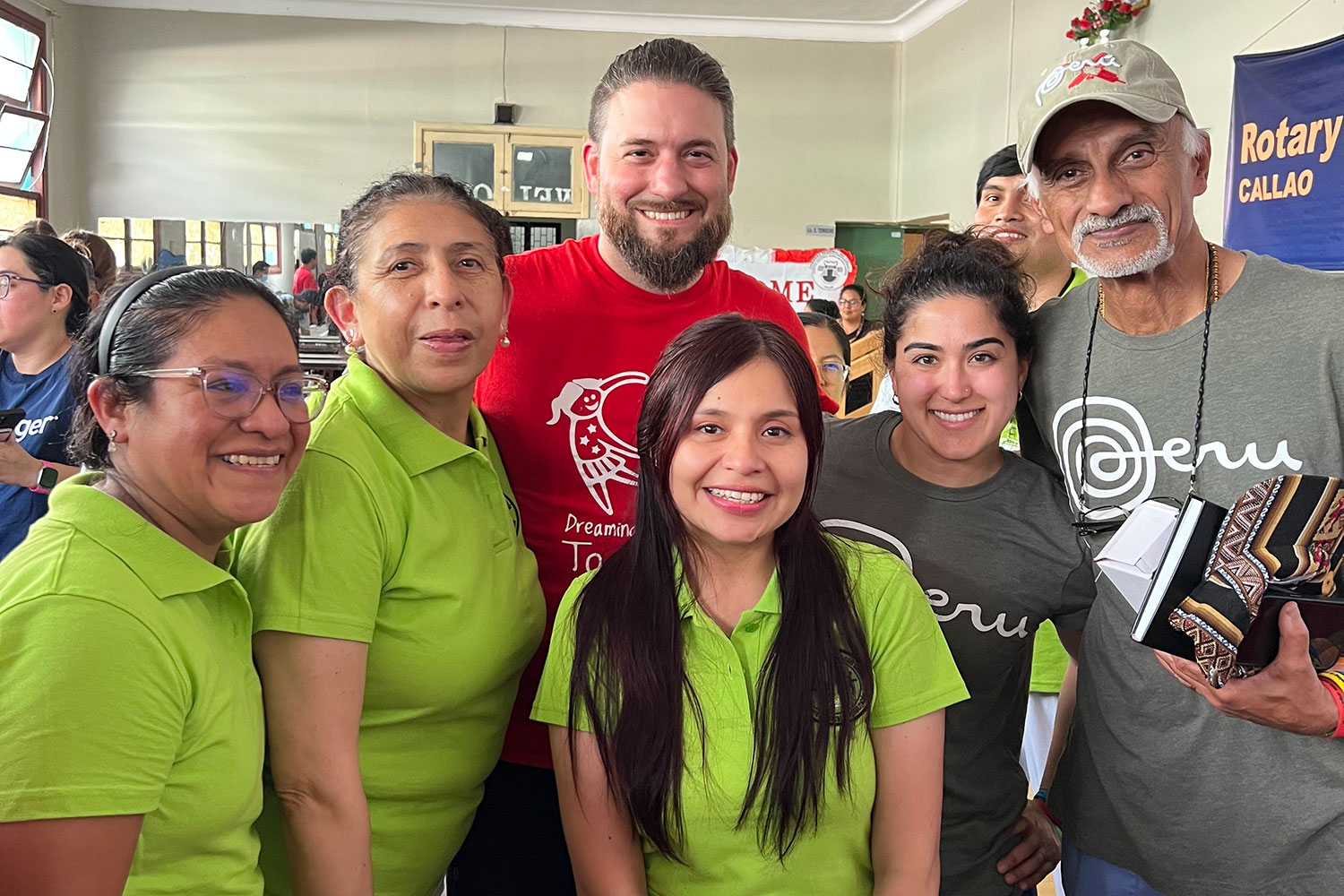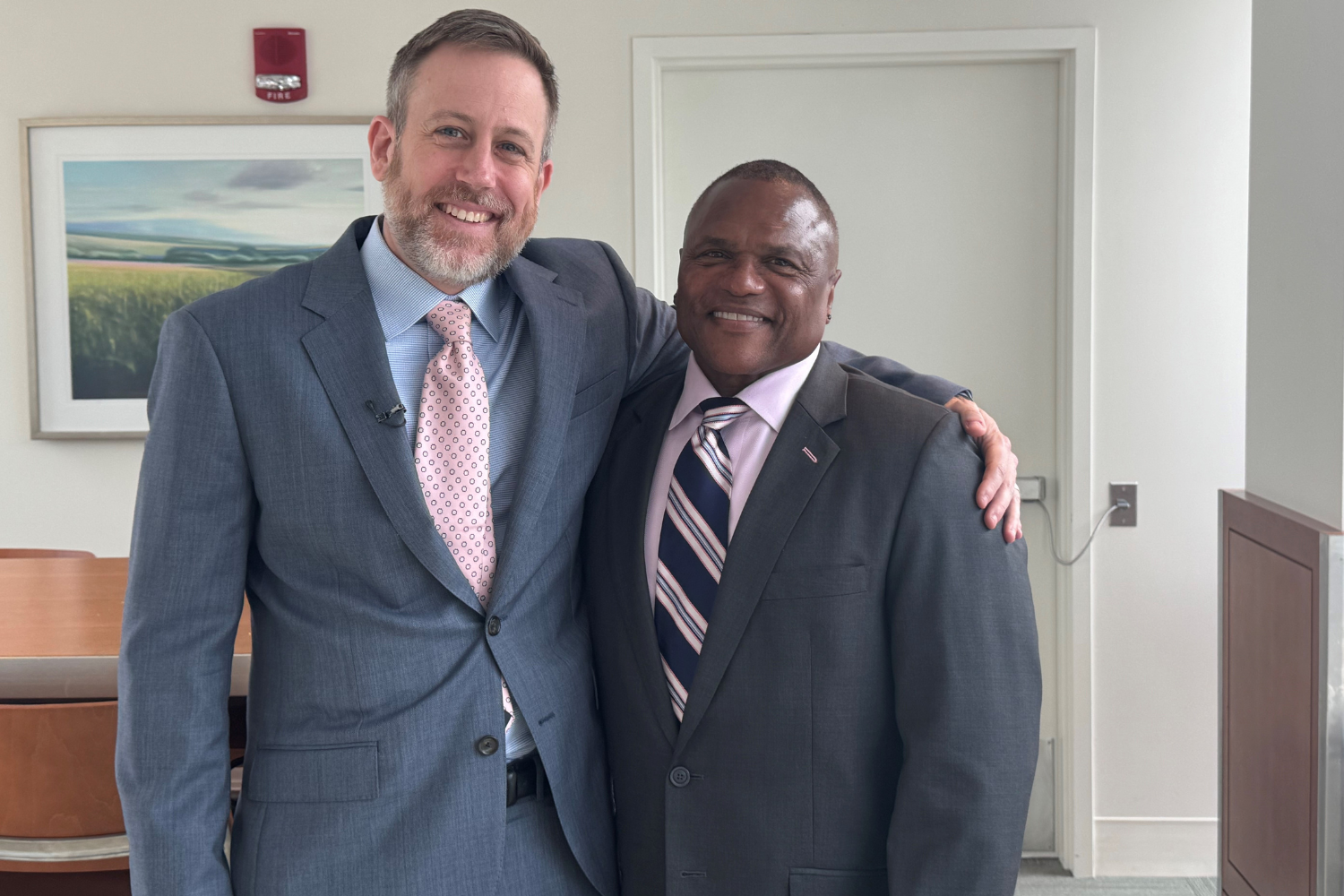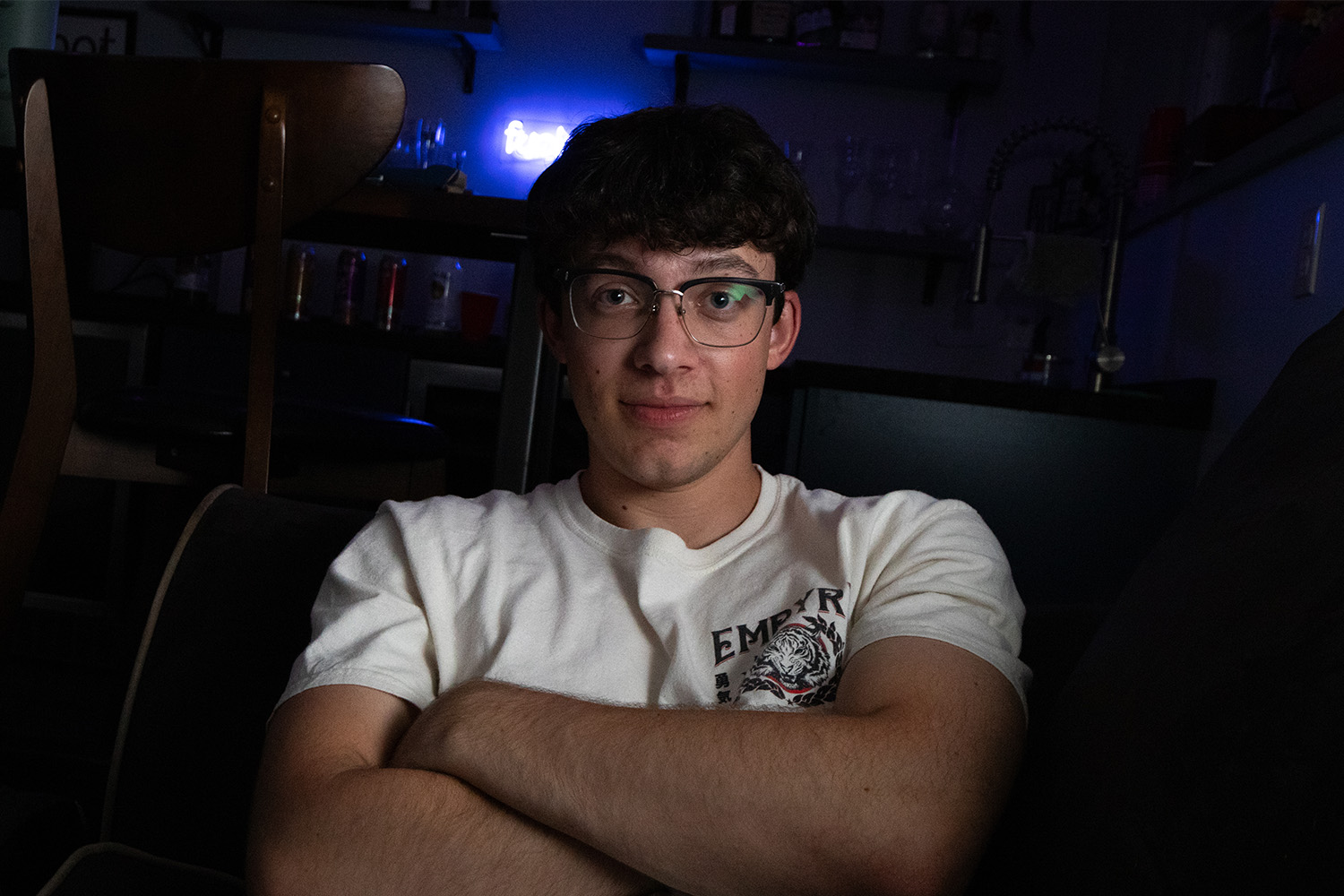Two new grants from the National Science Foundation, totaling just shy of $1M, have been awarded to Civil and Environmental Engineering faculty Alexandra Hain and Arash Zaghi for work they will carry out in undergraduate research opportunities and new programs for graduate students, who both fall in the neurodiversity spectrum. The grants focus on the talents of students with ADHD and dyslexia in STEM fields.
The first grant, funded by the NSF Innovations in Graduate Education program, encourages the participation of neurodiverse students in STEM graduate programs to significantly benefit the creativity of our professional workforce, which in turn will help to identify groundbreaking solutions to the large-scale and complex scientific and technological challenges facing the nation. It will provide several resources, workshops, and tools to neurodiverse graduate students to improve their success in graduate programs and give them skills that prepare them for careers in academia and business. Through the help of Zaghi, Hain, Civil Engineering Professor Richard Christenson, Educational Psychology Professor Joseph Madaus, English Professor Tom Deans, and Literacy Education Professor Rachael Gabriel, the team will be developing a strength profiler tool, creating a peer mentoring program, piloting a technical writing program, and holding stakeholder workshops. This project enjoys the strong support of the Dean of the Graduate School, Vice Provost Kent Holsinger, to ensure that its impact goes beyond STEM programs.
The second grant, which is aimed at undergraduate research for students who are neurodiverse, will re-launch and expand on a previous NSF Research Experiences for Undergraduates (REU) that UConn ran for neurodiverse students from 2015-2018. The new 10-week summer program will build on the learnings from the previous program and will recruit juniors and seniors from across the country, to participate in specially designed research projects in the fields of artificial intelligence for storm damage prediction, machine learning for damage assessment of bridges, and several other topics.
The students will present on their projects at the end of the summer and will participate in special seminars, brainstorming sessions, mentorship opportunities, and workshops designed to address the needs and challenges of the neurodiverse participants. Other faculty participating in that program include CEE faculty members Tim Vadas, Jin Zhu, Shinae Jang, Christine Kirchhoff, Emmanouil Anagnostou, and Diego Cerrai.
To learn more about the neurodiversity efforts of the CEE Department, please click here.



